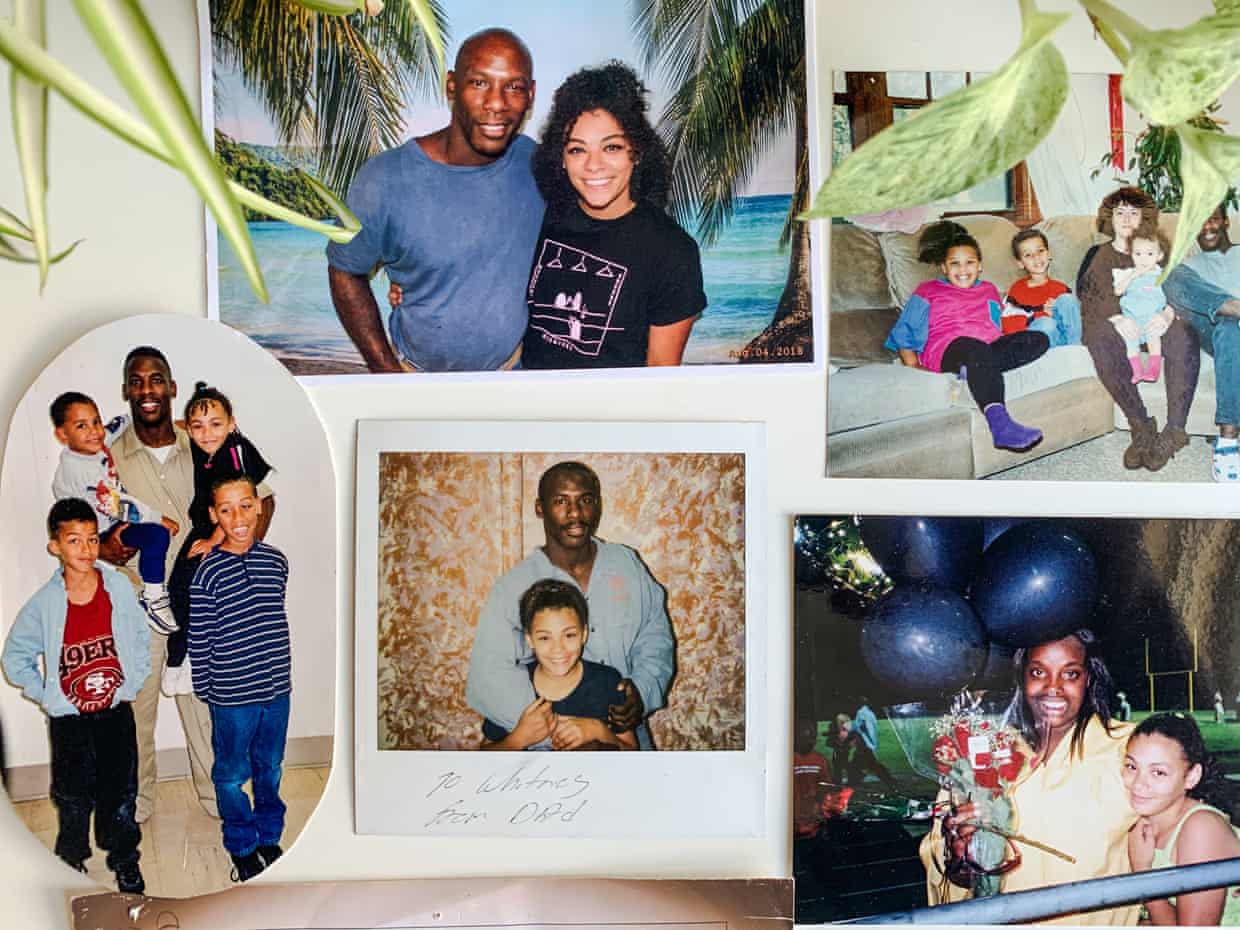Bubba Wallace emerges as NASCAR’s improbable yet ideally suited change agent
The Washington Post
2020-06-13
Liz Clarke, Sports Reporter

“I encourage people to have those tough conversations just to educate yourself,” Bubba Wallace says. (Matt Sullivan/Getty Images) |
Born in Alabama and reared in North Carolina, Bubba Wallace doesn’t remember seeing a Confederate flag until he went to a racetrack. His memory isn’t tied to a particular track because the flag was a fixture in the grandstands nearly everywhere he competed as a young racer.
But that’s not what transformed Wallace into a change agent in America’s most tradition-bound sport. It was the video of an unarmed black jogger being gunned down in Georgia after he was cornered by a white father and son brandishing a pistol and shotgun.
“The Ahmaud Arbery video was the final straw for me in being silent. That shook me to the core like nothing has in the past,” Wallace, 26, said in a telephone interview Friday. “Something flipped inside of me to be more vocal and stand up for racial equality and make sure we get a hold on that and change the face of this world and get it to a better place. Creating unity and compassion and understanding of each of our brothers and sisters is so powerful. We have to preach that to the ones that don’t want to listen and understand.”…
…The only full-time African American racer in NASCAR’s Cup series, and the first since the late Wendell Scott of Danville, Va., retired in 1973, Wallace is uniquely suited to lead NASCAR into the future its executives say they want: one in which women and minorities feel welcome and fill the grandstands, pit crews and driver ranks in numbers that mirror the diversity of America.
Wallace’s father is white; his mother is black. Both are NASCAR loyalists and fans, in particular, of seven-time champion Dale Earnhardt. So Bubba, who started racing at age 9, grew up an Earnhardt fan, too…
Read the entire article here.


